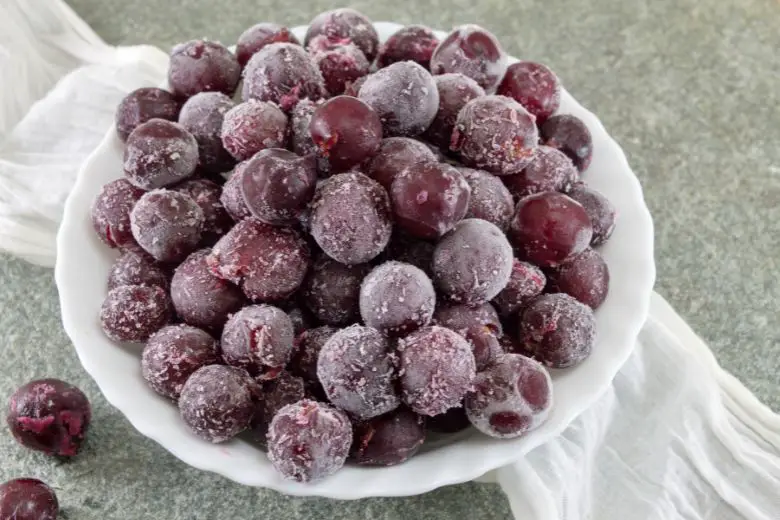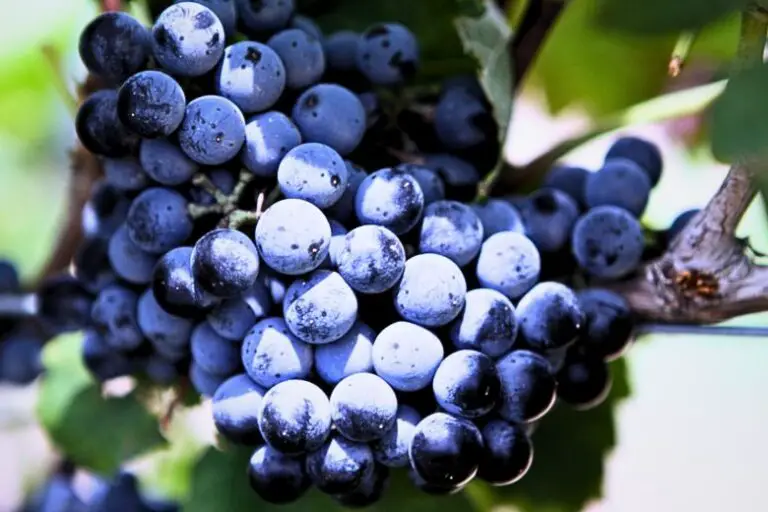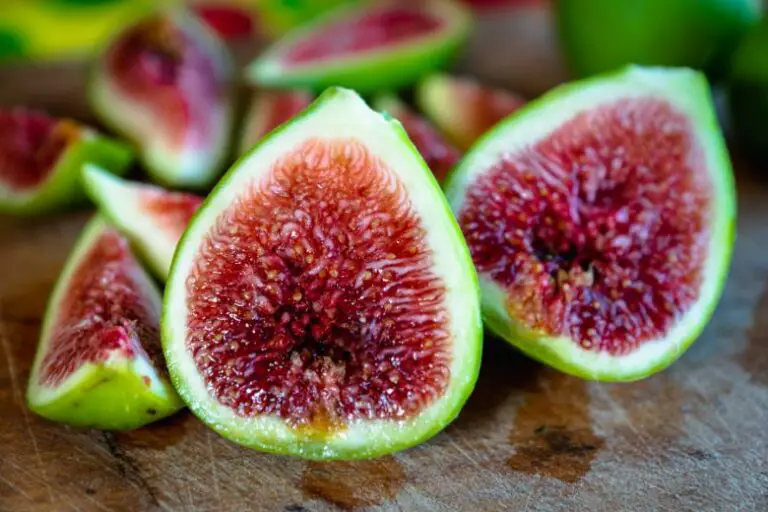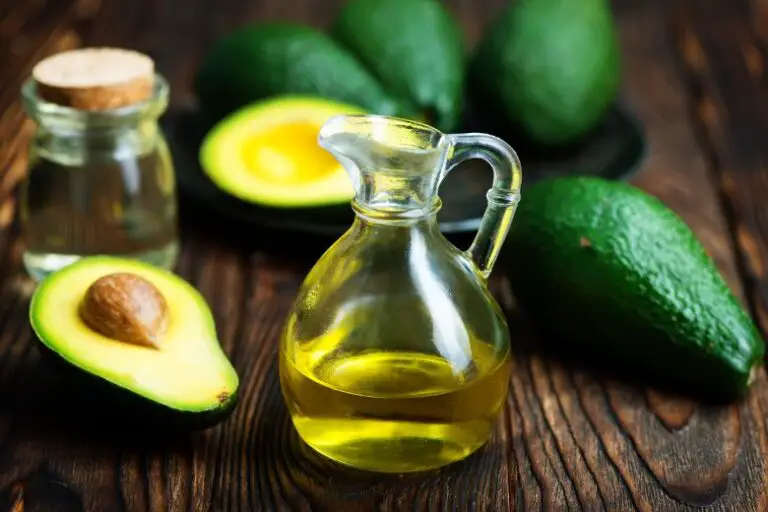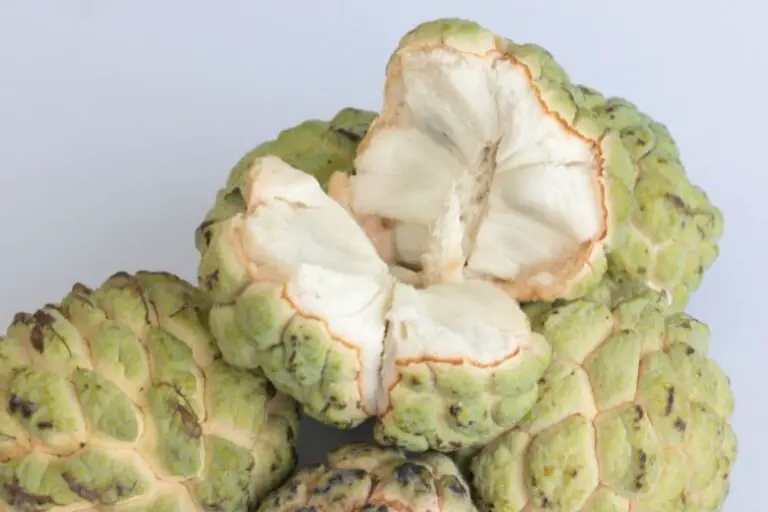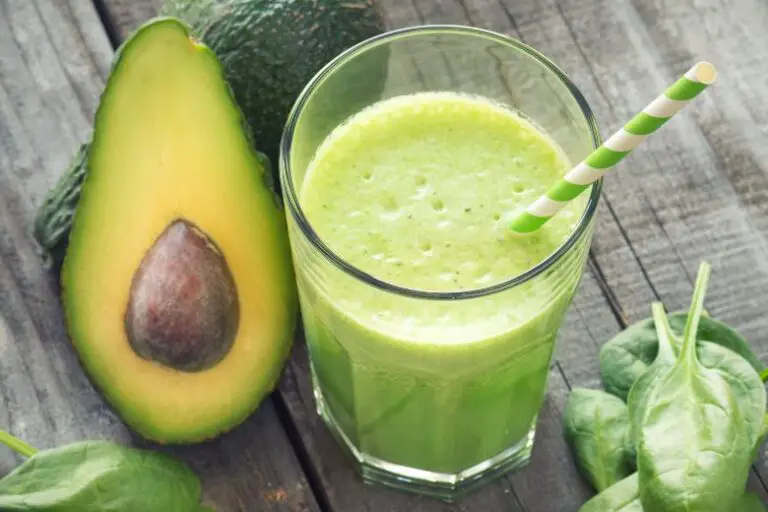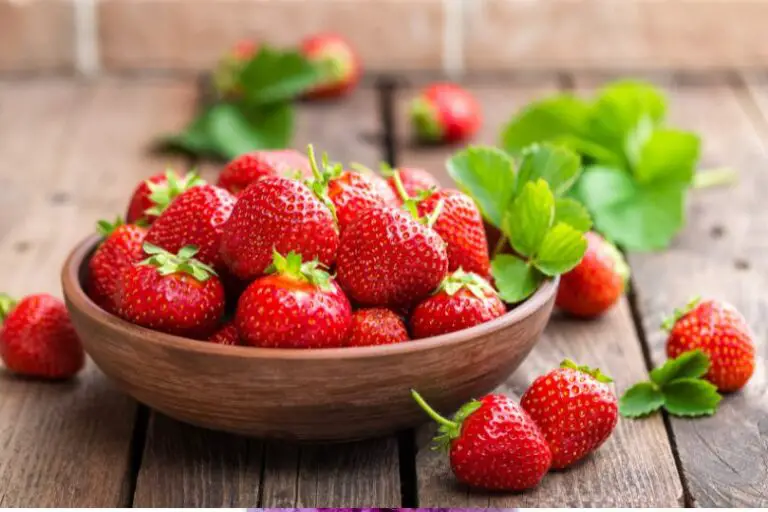Are Grapes High in Iron
Grapes are delicious and juicy fruits that come in various colors, such as red, green, and purple. They are widely loved for their sweet and refreshing taste,
making them a popular choice for snacks, juices, and desserts. Besides their delightful flavor, many people wonder about the nutritional content of grapes, particularly their iron content. In this article, we will explore the iron levels in grapes and their potential benefits for overall health.
Understanding Iron and Its Importance
Iron is an essential mineral that plays a vital role in our bodies. It is a key component of hemoglobin, a protein in red blood cells responsible for transporting oxygen throughout the body. Iron also contributes to the production of energy, the formation of DNA, and the proper functioning of our immune system. Insufficient iron levels can lead to iron deficiency anemia, resulting in fatigue, weakness, and decreased cognitive function.
Iron in Grapes: An Overview
Grapes contain various essential nutrients, including vitamins, minerals, and antioxidants. While they are not considered a significant source of iron, they do provide a small amount of this essential mineral. The iron content in grapes varies depending on the variety and ripeness of the fruit.
Nutritional Composition of Grapes
In addition to iron, grapes are rich in other important nutrients. They contain vitamins C, K, and several B vitamins like thiamine, riboflavin, and folate. Grapes are also a good source of dietary fiber, which aids in digestion and promotes a healthy gut.
The Iron Content in Different Grape Varieties
Different grape varieties may have slight variations in their iron content. For example, red grapes generally contain slightly higher amounts of iron compared to green or white grapes. However, the iron content in grapes remains relatively low compared to other iron-rich foods.
Health Benefits of Iron
Iron is crucial for maintaining overall health and well-being. It supports the production of red blood cells, enhances oxygen transport, and helps prevent anemia. Iron also plays a vital role in cognitive function, immune system support, and energy metabolism. While the iron content in grapes may not be exceptionally high, they offer other health benefits due to their antioxidant properties.
Grapes and Iron Absorption
Although grapes contain a small amount of iron, it’s worth noting that certain foods can enhance or inhibit iron absorption in the body. Grapes are rich in vitamin C, which is known to enhance iron absorption. Including iron-rich foods like grapes in meals alongside vitamin C-rich foods can help optimize iron absorption.
Other Nutrients in Grapes
Apart from iron, grapes offer a wide range of beneficial nutrients. They are packed with antioxidants like resveratrol, which is known for its anti-inflammatory and heart-healthy properties. Grapes also contain polyphenols and flavonoids that contribute to their potential health benefits, including improved cardiovascular health and reduced oxidative stress.
Incorporating Grapes into a Balanced Diet
While grapes may not be a significant source of iron, they can still be part of a balanced diet. Incorporating a variety of fruits, including grapes, ensures you receive a broad spectrum of nutrients. Including iron-rich foods like lean meats, leafy greens, legumes, and fortified cereals alongside grapes can help meet your iron requirements.
Iron-Rich Alternatives to Grapes
If you are specifically looking to increase your iron intake, there are several other food options that are higher in iron content. These include foods such as spinach, liver, beans, lentils, fortified cereals, and tofu. Incorporating a diverse range of iron-rich foods into your diet can help prevent iron deficiency.
Grapes and Anemia
While grapes alone may not provide a substantial amount of iron, they can still contribute to preventing anemia when consumed as part of a balanced diet. It’s important to consult with a healthcare professional if you suspect or have been diagnosed with anemia to receive appropriate guidance on managing your iron levels.
Precautions and Considerations
Although grapes offer various health benefits, it’s essential to consume them in moderation as part of an overall healthy diet. Grapes contain natural sugars and can contribute to calorie intake. If you have any underlying medical conditions or dietary restrictions, it is advisable to consult a healthcare professional or a registered dietitian before making significant changes to your diet.
Recipes with Iron-Rich Grapes
- Grape and Spinach Salad with Grilled Chicken: Combine fresh spinach leaves, sliced grapes, grilled chicken breast, and a light vinaigrette for a delicious and nutritious iron-rich salad.
- Grape and Walnut Smoothie: Blend grapes, walnuts, yogurt, and a touch of honey for a refreshing and iron-packed smoothie.
- Roasted Grape and Brie Crostini: Toast baguette slices, top with roasted grapes and melted brie cheese for an elegant appetizer that incorporates the goodness of grapes.
Conclusion
Grapes, although not particularly high in iron, are a tasty and nutritious fruit to include in a well-balanced diet. While they may not meet all of your iron requirements on their own, they offer a range of other health benefits, including antioxidant properties and potential cardiovascular support. Remember to combine them with other iron-rich foods and consult with a healthcare professional if you have specific health concerns. Enjoy the refreshing taste of grapes while nourishing your body with essential nutrients.

